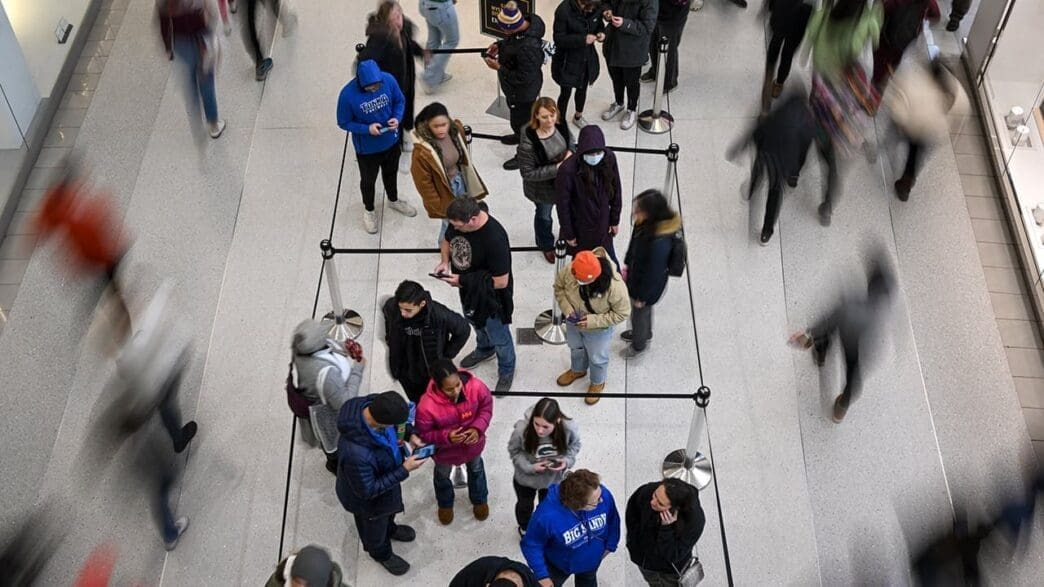Despite efforts to maintain its prominence, Black Friday in 2024 shows signs of shifting dynamics as shoppers increasingly opt for online avenues, affecting traditional in-store rushes.
In a bid to uphold its reputation as the kickoff to the holiday shopping season, U.S. retailers rolled out significant discounts and giveaways on Black Friday. This year, however, the anticipated crowds were noticeably smaller at malls and department stores across the country. The decline is attributed primarily to the rise of online shopping and behavioral changes post-pandemic, as reported by FOX 5 New York.
Despite the reduced turnout, Black Friday remains the most significant day for retail foot traffic nationwide. As noted by Sensormatic Solutions, a considerable number of consumers still relish the in-person shopping experience. The National Retail Federation projected that 184 million people would shop between Thanksgiving and the following Monday, reflecting an increase from the previous year.
Retailers face mounting pressure to stimulate early holiday sales due to a shorter interval between Thanksgiving and Christmas this season. Offers on sought-after items like an exclusive Taylor Swift book at Target spurred some enthusiasm akin to the traditional Black Friday frenzy. However, the vast crowds of pre-pandemic times have not resurged.
Michael Brown from Kearney observed minimal activity at popular shopping locales such as Westfield Garden State Plaza, a sentiment mirrored by empty spaces in Walmart parking lots in Maryland. Black Friday, Brown noted, ‘is not the old Black Friday that we used to know.’ This shift suggests a long-term evolution in consumer shopping patterns, influenced by convenience and safety preferences.
Retailers continue to encourage consumer turnout with store-exclusive deals unavailable online until the following day, attempting to harness the nostalgic lure of Black Friday.
While the historical fervor of Black Friday shopping appears to be waning, the day still holds relevance. It marks a crucial point in the retail calendar, serving as a cultural touchstone and an indicator of consumer sentiment ahead of the holiday season.
The transformation of Black Friday in 2024 highlights the growing emphasis on digital shopping experiences. While the day retains cultural and economic significance, future strategies may need to adapt to evolving consumer habits, blending tradition with new retail landscapes.
Source: Fox13news








